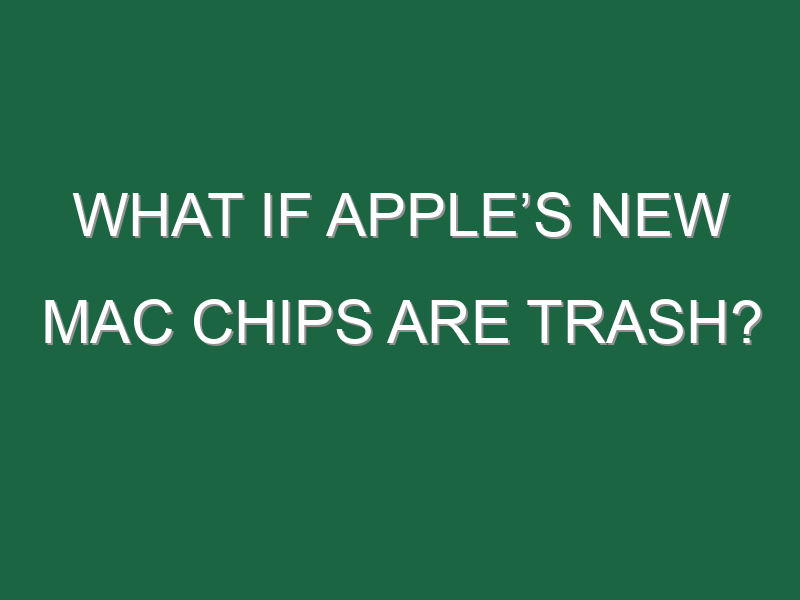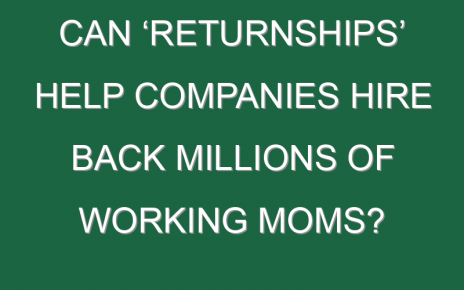Apple’s reputation as a product hitmaker is nonpareil. So much so that it’s easy to forget the big whiffs—and yet the list of misses is long.
Remember those never-released AirPower charging mats? Those battery-preserving iPhone jam-ups? Bendy iPhone 6’s? How about the ill-fated G4 Cube, the Pippin, or the Newton? Or—I shudder even to mention it—Apple Maps?
These ghosts of Macs past haunt me as I gear up to watch Apple’s third virtual product event of the year today. The big reveal, as Aaron discussed yesterday: the first-ever Macintosh computers outfitted with chips of the company’s own make. (You can watch the broadcast, which starts at 1 pm ET, here.)
While forging a path independent of third-party silicon designers, like floundering Intel, could be good for Apple—especially, strategically, in the long term—the short term could have hiccups. This is a big switch, one that may lead to compatibility issues for app-makers and connected devices. Apple’s insistence that there will be “a smooth and seamless transition” to the new CPUs does not assuage my concerns; if anything, it makes me doubt Apple’s overconfidence.
After all, it wasn’t so long ago that redesigned MacBook keyboards ruined people’s lives. (Okay, gadget reviewers may have a penchant for hyperbole.)
I’m not the only one who fears the worst. Daniel Newman, principal analyst at Futurum Research, opines for MarketWatch that Apple’s bold transition could end up benefitting its old rival, Microsoft. The software giant has for a decade been fine-tuning its code to run smoothly on a variety of chips across its own Surface notebooks as well as Samsung- and Lenovo-made varieties.
Microsoft “could be the big winner during this transition for the Mac,” Newsman writes. “With Microsoft Surface continuing to gain momentum for its ultra-high-quality notebooks, Mac faces more competition and will be under pressure to get this right— sooner than later.”
One hopes that Apple has sufficiently prepared for its major overhaul, which involves nothing short of transplanting the very brains of its devices. We’ll just have to wait and see what Apple has in store.
Robert Hackett
Twitter: @rhhackett




